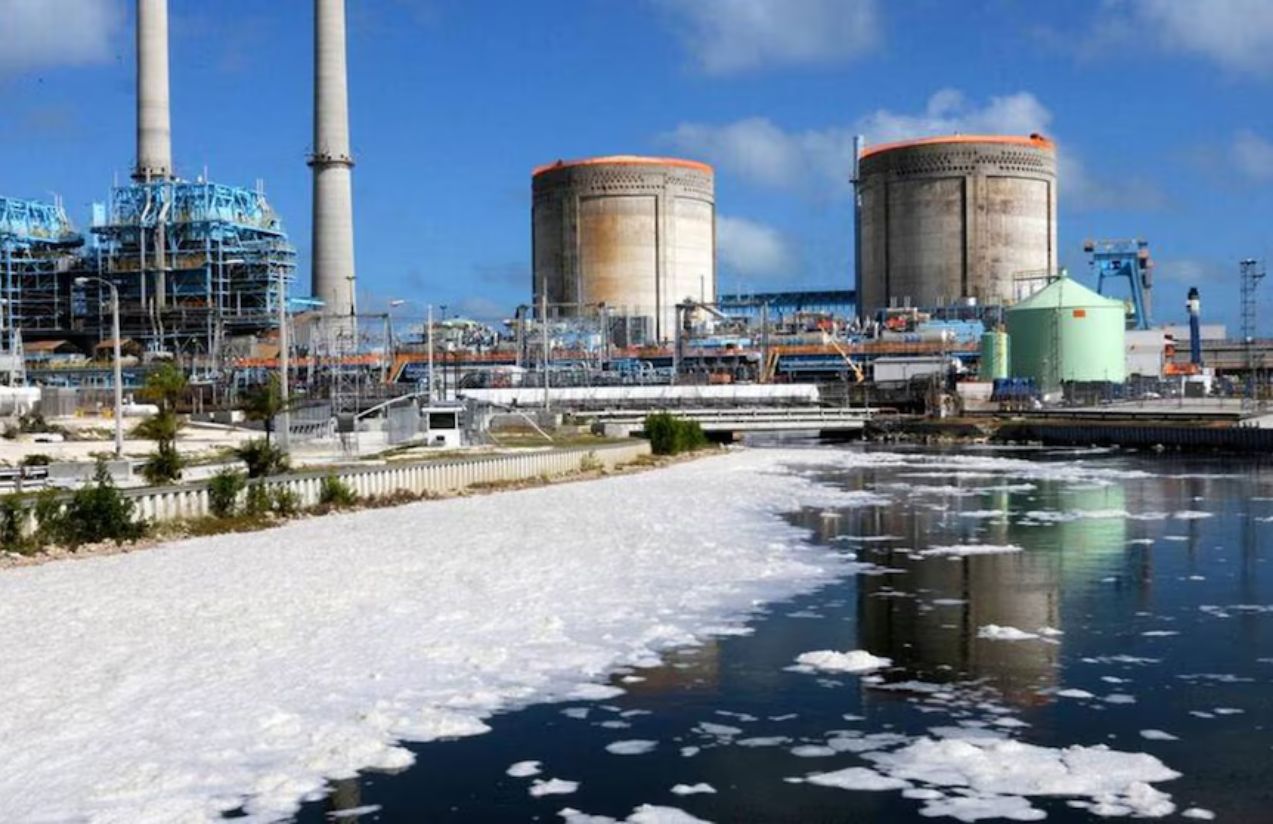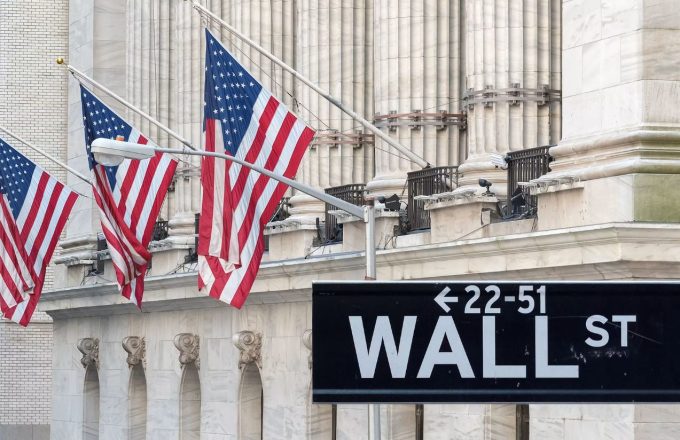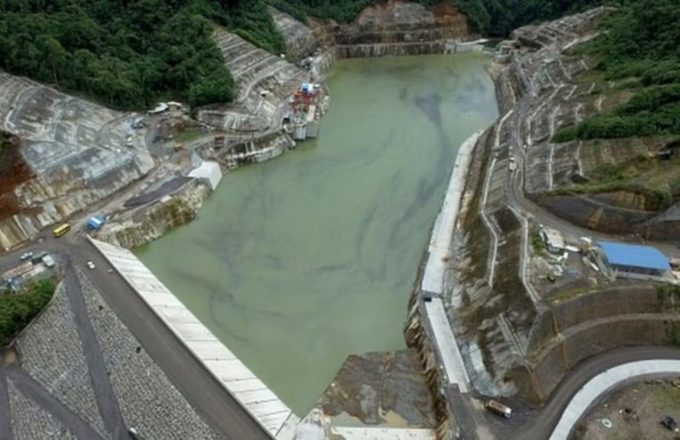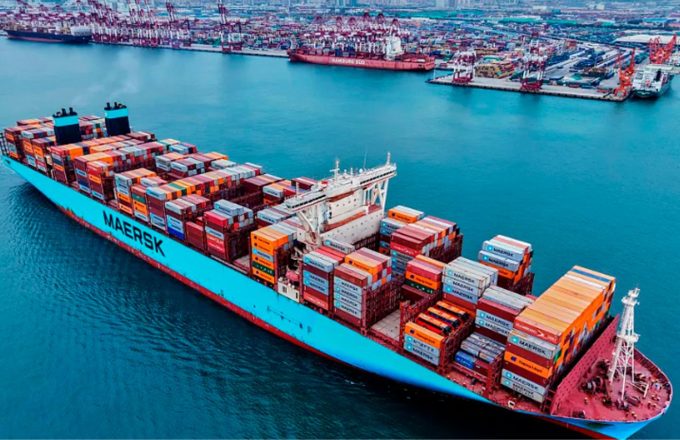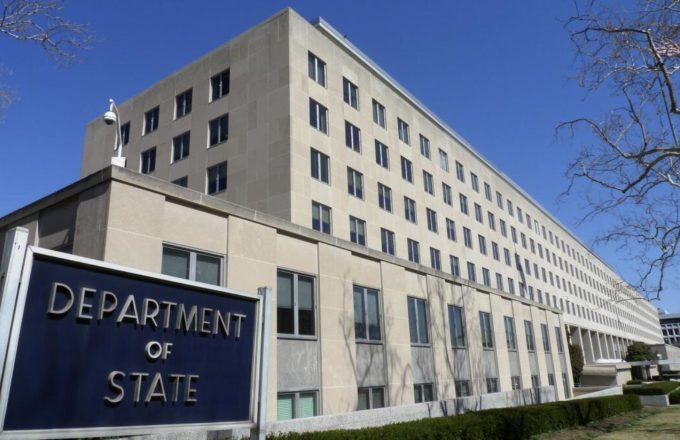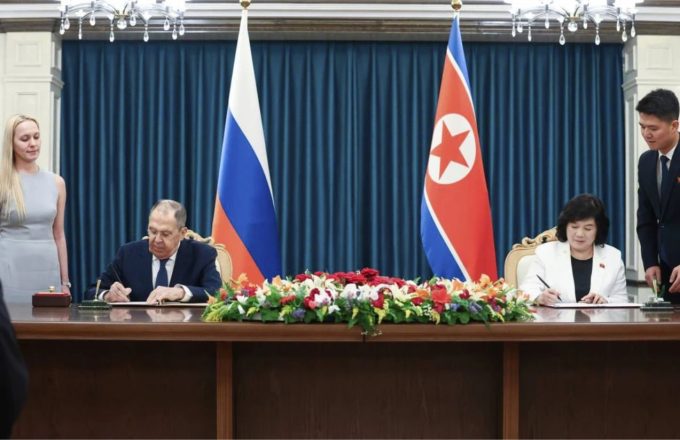Beneath the surface of South Florida, a silent threat is spreading, jeopardizing the drinking water supply for more than three million people. A hypersaline plume — a mass of contaminated water — is seeping from the Turkey Point nuclear plant into the Biscayne Aquifer, the region’s main source of freshwater, according to a Bloomberg investigation.
Turkey Point, located about 15 miles south of Miami, has been in operation since 1972 and is owned by Florida Power & Light (FPL), a subsidiary of NextEra Energy. While the plant provides electricity to nearly one million homes, its cooling system has had unforeseen consequences: a 170-mile canal network, originally built to prevent direct discharge of hot water into the ocean, has contributed to the accumulation of highly saline water with traces of the radioactive isotope tritium, which is now leaking through porous limestone into the underground aquifer.
The contaminated plume has already migrated north and west, moving alarmingly close to the drinking water wells that serve both Miami and the Florida Keys. It is currently just four miles from one of Miami’s wellfields and about seven miles from Key West’s main treatment plant.
David Hackworth, chief engineer for the Florida Keys Aqueduct Authority, voiced his concern: “We’ve always been praised for the quality of our water, which didn’t require treatment. Now the worry is that the plume might reach us and change that.”
As a precaution, the Keys authority has launched a $100 million upgrade of its treatment plant to prepare for the possible arrival of saltwater.
The Biscayne Aquifer is one of the largest sources of freshwater in the United States. Its contamination threatens not only human consumption but also agriculture and local ecosystems. Although tritium levels remain low, long-term risks and public distrust linger.
Since 2018, FPL has been running a water extraction system: ten wells pump around 15 million gallons of saline water daily into a deep geological formation known as the Boulder Zone, considered safe by authorities. Additionally, 30 million gallons of brackish water are injected daily into the canal system to dilute the salt content. Despite these efforts, the company acknowledged in 2022 that it will not be able to contain the plume within the original boundaries by the 2028 deadline.
FPL is now exploring new strategies, such as drilling horizontal wells to intercept the migrating plume. Wilbur Mayorga, Miami-Dade County’s chief of environmental monitoring, stated that any adjustments to the strategy must be approved and carefully monitored. According to the company, ongoing efforts have already reduced the plume by nearly half, and salinity levels are approaching legal limits.
The issue has been escalating for years. In 2015, authorities determined that FPL violated water quality standards after the plume extended beyond the canal system. In 2019, the Nuclear Regulatory Commission (NRC) approved a 20-year extension for Turkey Point’s operating license, a decision contested by environmental groups such as Miami Waterkeeper. The NRC later required a new environmental impact study, but in 2024, it granted final approval for the plant to operate through 2053.
The Turkey Point case highlights the broader challenges of nuclear energy in climate-vulnerable regions. According to the U.S. Government Accountability Office, Turkey Point is among 15 plants nationwide at high risk from hurricanes and sea-level rise. FPL argues that its critical structures, including the reactor cores, are elevated 20 feet above sea level and have withstood major storms like Hurricane Andrew in 1992.
Still, uncertainty remains. For many residents and experts, the core issue is not just technical, but ethical: how far can we risk our drinking water in the name of energy?


